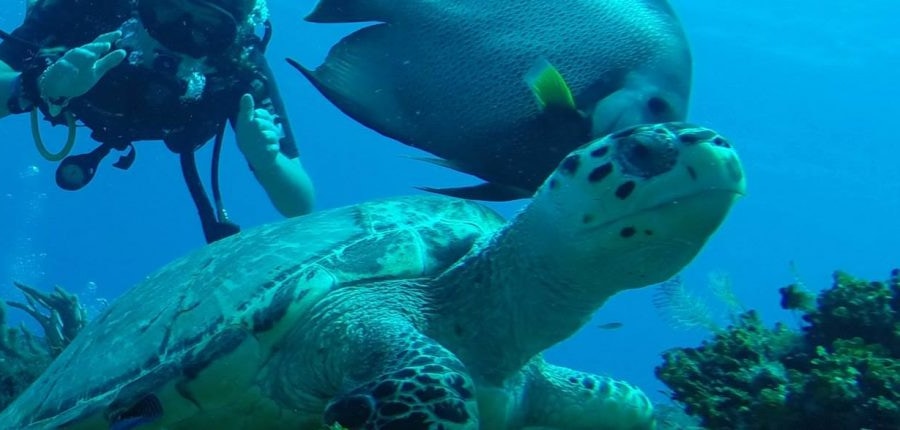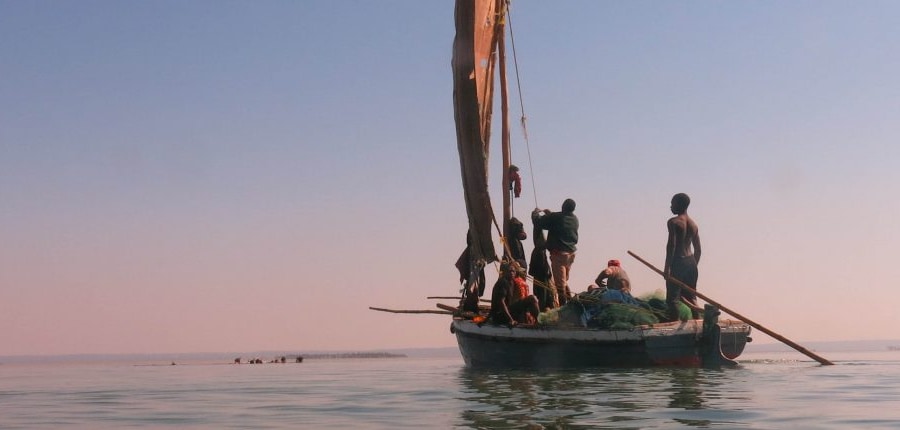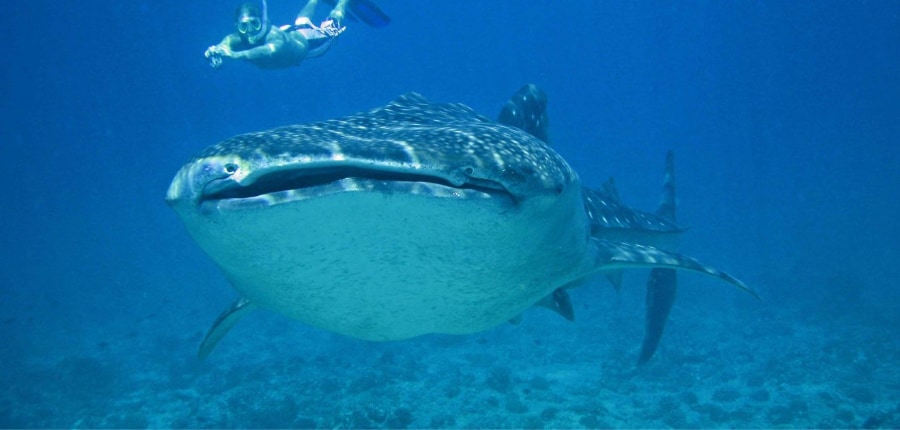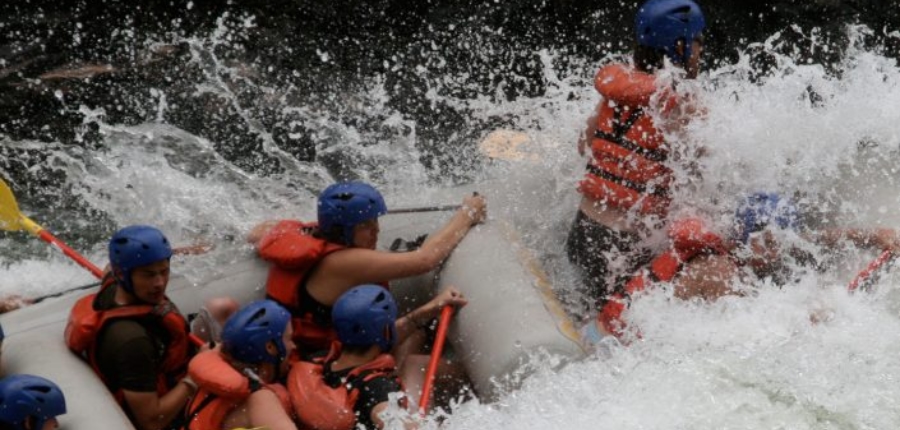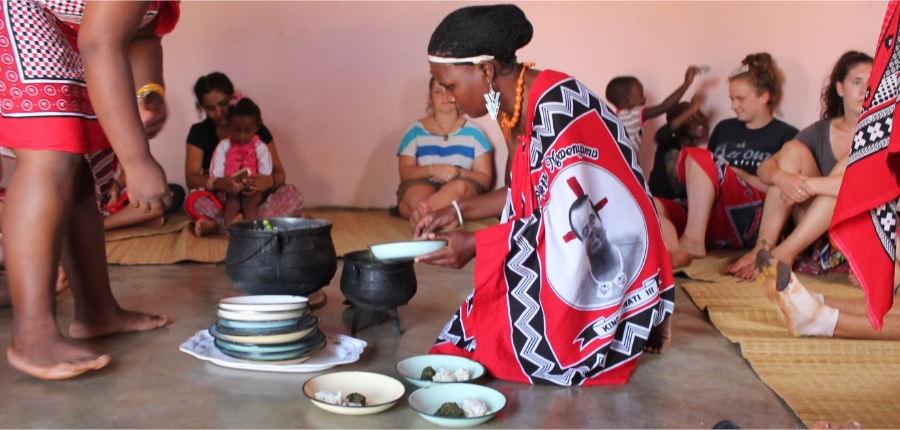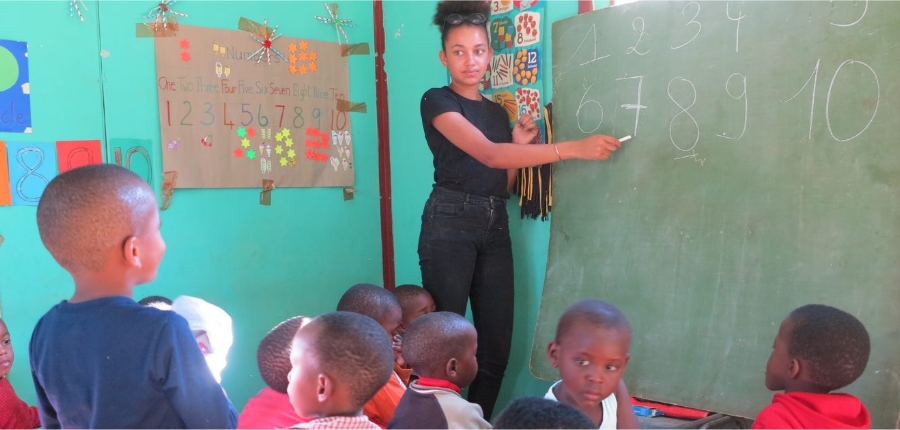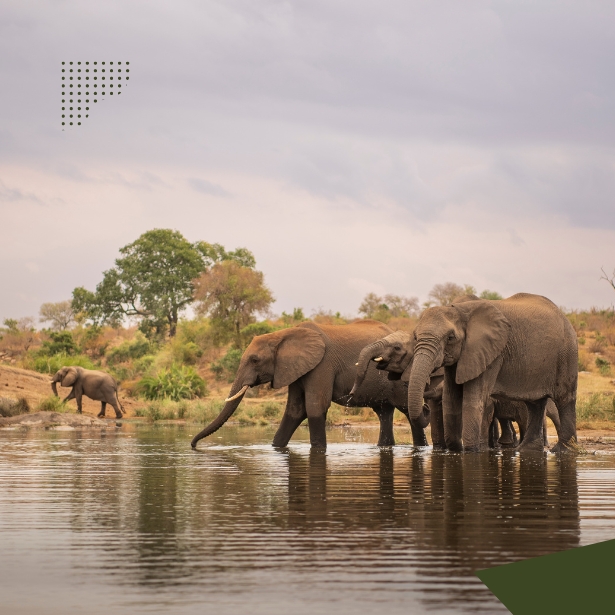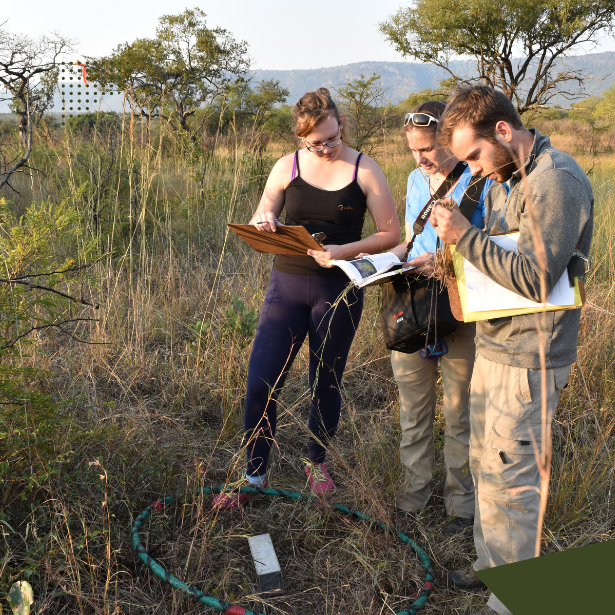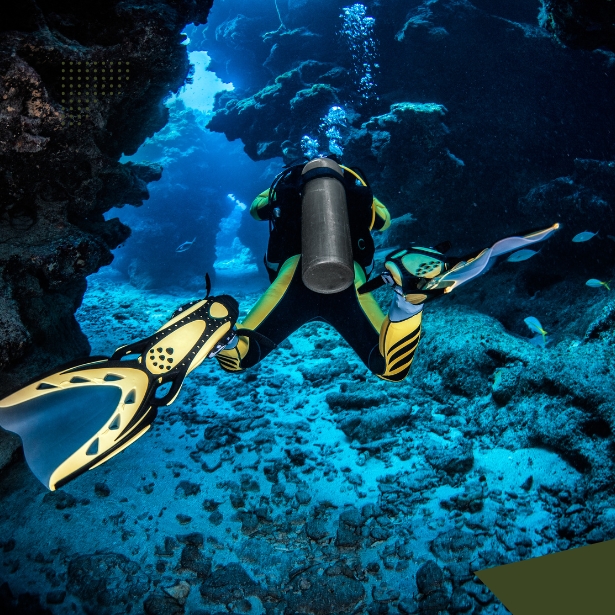


4 - 12 Weeks | Mozambique | Research Project
Conduct research in our well equiped centres being supported by our experienced scientists
|
DESTINATION(S): |
Mozambique |
|
DURATION: |
4 - 12 Weeks |
|
INCLUDES: |
Airport transfers, accommodation, meals, orientation and support from local staff |
|
START DATES: |
1st Monday of the Month (every month except December) |
|
PERFECT FOR: |
Adventurers, students, gap year projects |
|
RATES (FROM): |
Please contact us for a quote |
OVERVIEW
The Marine Research Centre (MRC) is located in Tofo, Mozambique which has stunning megafauna and microfauna including whale sharks, humpback whales, manta rays, dolphins, turtles and sea horses, making it an exciting place to conduct research. The MRC is located overlooking the beach and next door is our accommodation and dive centre.
At our long-term research station in Mozambique, we offer field courses in marine ecology and data collection techniques. We have been working in Mozambique for over 8 years and have developed a strong program and a stable working environment with good in-country support. We regularly encounter a wide range of animals and have a global network of scientific collaborators to which our ongoing data sets are provided, alongside the free availability to Mozambican students and for use in government management plans.
MARINE LIFE OF MOZAMBIQUE
- Whale sharks
- Manta Rays
- Turtles
- Dolphins
- Whales
- Stingrays
- Guitarfish
- Reef Sharks
- Pelagic Rays
- Seahorses
- Reef Fish
- Game Fish
- Crustaceans
- Corals
- Sponges
- Echinoderms
- Nudibranchs
- Eels
SAMPLE PROJECT
Field Methods in Marine Ecology
At our long-term research station in Mozambique, we offer field courses in marine ecology and data collection techniques. We have been working in Mozambique for over 8 years and have developed a strong program and a stable working environment with good in-country support. We regularly encounter a wide range of animals and have global network of scientific collaborators to which our on-going data sets are provided, alongside the free availability to Mozambican students and for use in government management plans.
Techniques include:
- Reef health surveys – indicator species, coral cover, urchin density, abundance counts, biomass estimation
- Large animal monitoring – photo identification, population estimates, residency/transience, migratory trends, injury recovery
- Anthropogenic impact assessment – area usage mapping, monitoring of unsustainable catch, sustainable tourism, Code of Conduct development
- Genetic studies – whale shark sampling, humpback whale sampling, khuls ray sampling, coral sampling, frogfish sampling
- Biodiversity assessment – estuary monitoring, sea horse identification and density, usage of the inter-tidal zone
- Behavioral studies – wildlife behavioral reactions to human interactions, humpback whale area usage during migration
Learning objectives:
- Describe the diversity and physical processes that characterize the Southern African marine environment. Understand the challenges and importance of working in developing countries.
- Discuss the biodiversity and key ecological processes occurring in specifically southern Mozambique, and in the sub-tropics generally.
- Outline the ecological roles of key groups of organisms in the marine environment.
- Consideration of the social issues of wildlife/coastal/marine ecosystem conservation and management. Be able to discuss the impacts, benefits and risks of the local peoples’ approaches to the environment, sustainable development and responsible tourism.
- Develop critical-thinking regarding research project design, and understanding of a range of techniques.
Mini Projects and/or Theses:
The course may include time collecting data, writing up and presenting mini-projects.
Potential mini projects or undergraduate and masters theses include:
- Assessment of dolphin behavior in response to human activity with a view to sustainable tourism encounters.
- Humpback whale behavior usage of the coastal region.
- Seahorse density and dispersal.
- Economic and ecological value of specific marine lif.
- Coral cover variability between inshore/offshore, shallow/deep, northern/southern reefs.
- Alternative titles designed by incoming students/staff are welcomed.
General Activities:
Each month there are 20 days of on-water activities, lectures, tutorials and field techniques. Accommodation, food, office space and all equipment are provided. 16 on-water activities (involving PADI course if not already qualified, diving and/or snorkeling) plus 1 estuary visit are included per month.
Some of the papers All Out Africa have contributed to:
- Williams J. L., Pierce S. J., Fuentes M. M. P. B., Hamann M. (2015) Effectiveness of recreational divers for monitoring sea turtle populations. Endang Species Res.
- Pierce S.J, Mendez-Jimenez A., Collins K., Rosero-Caicedo M., Monajem A. (2010) Developing a code of conduct for whale shark interactions in Mozambique. Aquatic Conserv: Mar Freshw Ecosyst.
- Rohner C. A. et. al. (2013) Big fishes in hot water? Abundance trends and environmental influences on a coastal aggregation of manta rays and whale sharks. MEPS.
- Rohner C.A et. al. (2012) Population structure, size at maturity and growth rates of whale sharks measured with laser photogrammetry in southern Mozambique. Marine Biology.
WHY PARTNER WITH US
What makes All Out Africa a great partner for your study abroad group?
- We believe in creating a true partnership between our two organisations, and will provide prompt support and assistance to allow you to facilitate bookings and respond your needs. Our customer service is exceptional and responsive, and we can tailor make a package to suit your group, budget and learning outcomes.
- We have proven experience hosting thousands of students and volunteers across our four destinations on multiple projects spanning community development, childcare and conservation
- Worthwhile & authentic projects – Your students will create a real impact and gain a genuine sense of contribution through working on long-term sustainable projects and research activities that are important for conservation and development.
- The humanitarian and conservation elements of our projects are implemented alongside our registered NGO – All Out Africa Foundation. Our projects have received international recognition for their good work including 60 scientific publications
- We offer an unrivalled volunteer and intern experiences – our unique combination of project locations offer a mix of safety, cultural immersion and environmental splendour
- All Out Africa is a family of dedicated, passionate people. Our staff are qualified, highly skilled and experienced to ensure every single client gets the most out of their time with us
- Your clients will be surrounded by All Out Africa staff throughout all elements of the experience as we own and manage the volunteer, tour and accommodation operations
- Our adventure tours division offers in-house tours combined with volunteer and intern experiences; giving us totally unique products to offer and the opportunity for clients to both give back and have a holiday experience
- Our accommodation division offers in-house lodge accommodation that has won numerous awards; they are safe, comfortable and clean, with great amenities and provide nutritious meals to your clients
- We are flexible and can offer customised experiences and group arrangements to respond to client requests
- We offer a loyal long-term partnership – we are a personal organisation, owner-run and highly responsive but with the geographical reach to offer great variety and the experience from our 12 years of operation to ensure sustainability and success
INCLUDED IN FEE
- Safe comfortable accommodation & 3 meals a day for the duration of the experience
- Airport collection upon arrival by All Out Africa staff and airport transfer for departure
- Comprehensive orientation upon arrival including health and safety briefing
- A local tour to understand local culture and engage with the community
- 24 hour support , 7days a week from All Out Africa staff throughout the experience
- Training on tasks and activities and daily project guidance from our experienced & well qualified project co-ordinators
- Materials and equipment required for volunteer/intern placements
- Communications, transport and other operational costs for the projects and in case of emergency
- All logistics, administration and support from our head office team
FREQUENTLY ASKED QUESTIONS
Do I need experience to join this project?
How long is the work day?
This can vary but typically you will depart from your accommodation around 08:00am to arrive at your project and get started around 08:30. There is always a lunch break of at least one hour, and projects will resume in the afternoon with a finish time around 16:00. You'll have plenty of free time to relax and explore in the evenings and at weekends.
How many people will I be working alongside?
Each month we have a variety of volunteers join us from all over the world. In most cases you will be staying at a lodge with shared accommodation with perhaps 4-20+ other volunteers, however, these volunteers may be split amongst several different volunteer projects during the day. This is a great opportunity to meet and mix with volunteers who have different interests, but still get to have an intimate project experience!
What is the typical age of participants on the programme?
When/how should I book by flights?
Do I need any vaccinations?
Please check with your primary healthcare provider for the most current advice and let them know that you will be traveling to southern Africa. They may want to make sure all of your vaccinations are up to date and may have health recommendations for you. Essentially, it is up to you to seek current advice and decide whether you want to want to get vaccinated or take any malaria prophylaxis.
What about visas?
Visa requirements will depend on your nationality and it is your own responsibility to check whether or not you need a visa, so make sure you check on your local governments’ travel site for the most up to date information. However, many nationalities are able to obtain a 30-day tourist visa on entry at the border. If you are staying for longer periods our staff will help you with an extension in the country.
What about travel insurance?
It is your own responsibilty to obtain sufficient insurance cover for medical emergencies and other mishaps that could occur on your trip. It is strongly recommended that all volunteers have a valid travel insurance policy that will cover them for the duration of their stay.
Where does your project fees go?
By signing up with us you are donating your time and skills to work directly with communities in need through a structured project. There are many benefits of volunteering with an organization like ours. Sometimes it is hard to find projects to support in a foreign country that are safe, worthwhile and reputable. When you sign-up for one of our projects for 2 or 12-weeks, you become part of a bigger, sustainable plan that our team of qualified staff has carefully crafted. You will also receive travel and visa support, orientation, a safe place to stay, logistical support, in addition to clear expectations of the work you will do. This is why we charge a fee for volunteering or interning abroad.
Your project fee goes towards a company you can trust, an experience that is worthwhile and an opportunity that will make a positive and sustainable impact on the community you have chosen to serve.
BOOKING
Please complete our enquiry form and one of our team members will be in contact with you to start planning your African Adventure. Alternatively you can contact us directly via WhatsApp or Email with any questions you might have.
-
Phone/WhatsApp:
+268 7865 4029 -
Email:
bookings@alloutafrica.com -
Office Details:
All Out Africa Projects, Lidwala Lodge,
Roki Centre, MR 103, Ezulwini, Eswatini -
Office Hours:
Mon - Fri: 8h00 - 17h00
Sat - Sun: CLOSED
- or -
Discover your next experience
TESTIMONIALS
Love the tours keep it up!
The highlights were seeing some of my favourite animals in their natural habitats and watching their behaviour
Seeing animals, the campfire in the evenings, meeting new people and the guides were great!
It was a pleasure working with you, and your professionalism was ever present. I would like to say a special thanks to Adriaan and Ruben for there part in the Kruger safari WOW what a team and a logistical triumph, they both deserve a pat on the back.
Everything was very well organized and planned. I enjoyed it a lot. The guides were very friendly and helpful.

